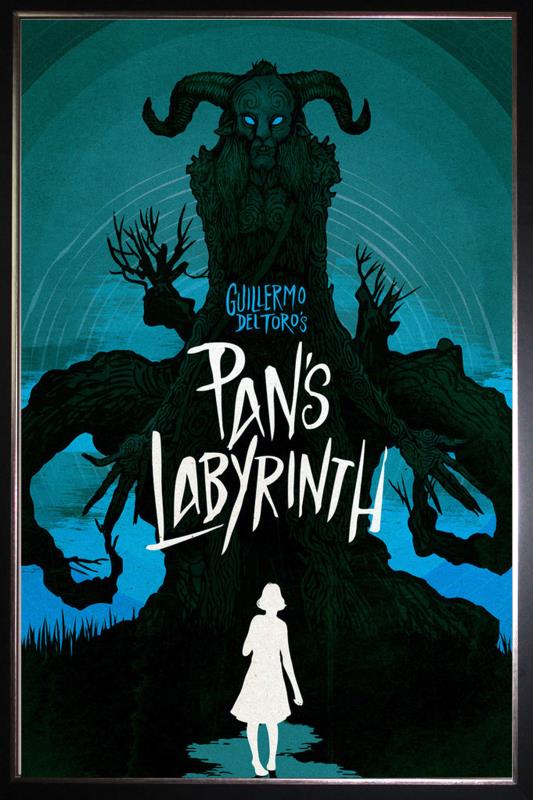
Pan’s Labyrinth takes place across two slowly converging worlds: one of reality and one of fantasy. Composer Javier Navarrete’s score gives a unique identity to each, while simultaneously tying them together with a shared theme.
The film’s “reality” – Francoist Spain – is one of brutality and mistrust, where a ruthless regime attempts to stamp out a revolutionary guerilla sect, all while main character Ofelia and her mother attempt to survive the turbulence. Navarrete’s score for these sections moves between restrained and urgent, allowing either the suffering and struggle to take the forefront or to build and amplify the onscreen violence.
In the film’s “fantasy,” Ofelia tries to prove she is the reincarnation of “Princess Moanna,” daughter of the king of the underworld. Navarrete’s score truly shines during these moments, and fortunately they comprise the bulk of his score. A sweet yet slightly somber sense of wonder and magic builds from piano, harp, violin, and woodwind. It becomes a combination of adventure, excitement, and peril, all with a tinge of innocence and an assurance of survival. But it does not remain a child’s fairytale, as the danger of Ofelia’s reality creeps in and the score becomes urgent and sinister, appropriately shedding some of its fantasy magic in the process.
All the while Navarrete cleverly weaves a shared thread between the two worlds. The main theme, a lullaby in various permutations, continually tracks Ofelia’s triumphs and struggles regardless of whether they occur in fantasy or reality. It allows the viewer and listener to believe, however improbably, that the two worlds are one.
